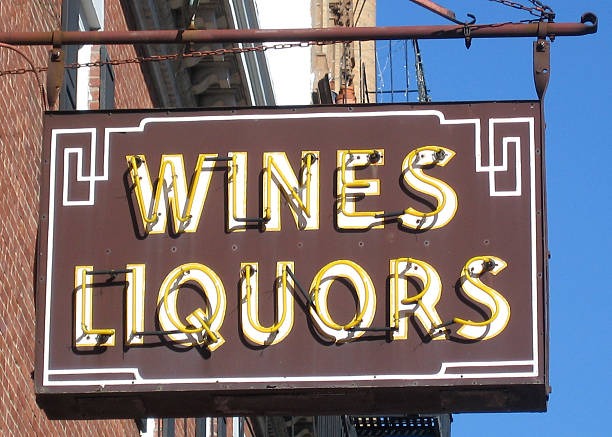Navigating the renewal of your liquor license may feel overwhelming, but it doesn’t have to be. As a New York City bar owner, you know the importance of keeping your business running smoothly. Renewing your liquor license is crucial to avoid disruptions. This process involves rules and deadlines that must be met. Ignoring these can lead to penalties or even the loss of your license. RodriguezLaw understands the intricacies of this process and is here to guide you. You need to know the timeline for renewals, the documentation required, and any fees involved. Addressing these elements early ensures a seamless transition and keeps your bar serving patrons without a hitch. This guide will help simplify these steps, offering clarity and confidence. Rest assured, with the right information and preparation, you will sail through the renewal process and continue providing your customers with memorable experiences.
Understanding the Basics
First, understanding the timeline is key. Liquor licenses in New York are typically renewed every two years. You should start the renewal process at least 90 days before your current license expires. This gives you enough time to gather the necessary documents and submit your application before the deadline.
Required Documentation
Next, let’s discuss the documentation you will need. The New York State Liquor Authority (SLA) requires several documents for license renewal. These include:
- Completed renewal application form
- Copies of your current liquor license
- Proof of good standing with the IRS and state tax authorities
- Updated floor plan of your establishment
Having these documents ready will streamline the process.
The Cost Factor
Renewing your liquor license also involves fees. The cost can vary based on the type of license you hold. Here’s a table to give you a clear picture:
| License Type | Renewal Fee |
| On-Premises Liquor License | $1,520 |
| Beer and Wine License | $960 |
| Club License | $450 |
Avoiding Common Pitfalls
Delays or mistakes in the process can lead to significant headaches. Double-checking your application and documents can prevent these issues. If the SLA finds errors, they may return your application, causing delays. Make sure all information is accurate and complete.
Benefits of Early Preparation
By preparing early, you reduce the risk of complications. Early preparation helps you address any issues that might arise with your application. It also provides peace of mind knowing your business will stay compliant and operational.
Seeking Professional Help
If you find the renewal process confusing, consider seeking professional guidance. Experienced attorneys or consultants, like RodriguezLaw, can provide valuable assistance. They know the ins and outs of the SLA’s requirements and can ensure your application is flawless.
Maintaining Compliance
Compliance doesn’t end with renewal. Continuing to abide by all regulations is crucial. Regularly review your operations to ensure they meet SLA standards. This involves monitoring your establishment for any violations and addressing them promptly.
Conclusion
Renewing your liquor license doesn’t need to be intimidating. By understanding the timeline, preparing the necessary documents, and ensuring you adhere to SLA requirements, you can maintain your license without stress. Start early, ask for help when needed, and keep your bar thriving. With these steps, you ensure your establishment remains a beloved part of the community, serving patrons responsibly and efficiently. For more details, consult the New York State Liquor Authority website.



